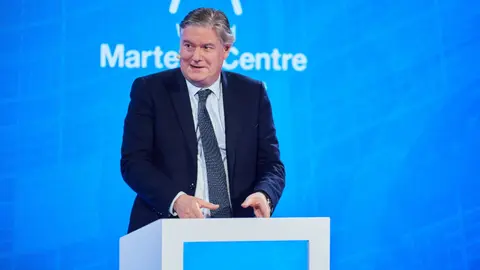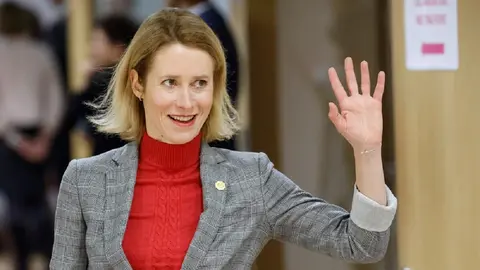EU appoints Ursula Von der Leyen and António Costa to lead Commission and European Council
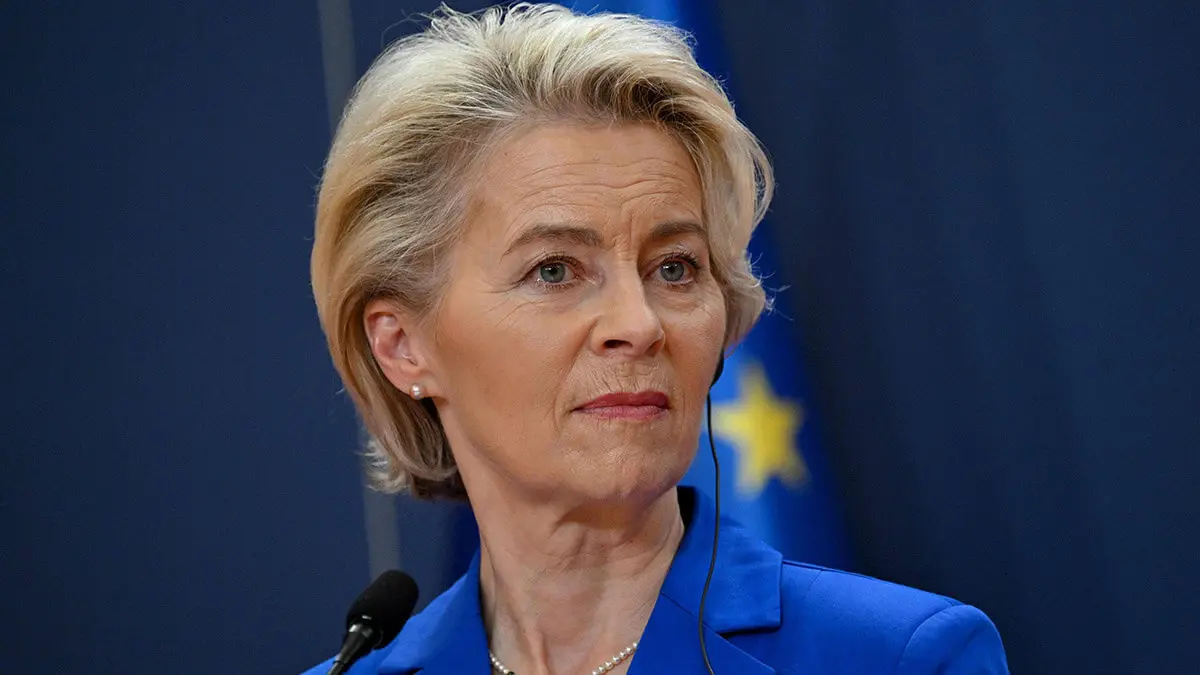
- Reactions from political party leaders and EU member states
- Implications of the choice of Ursula and Kallas as foreign policy leaders
- Political agenda and challenges of the European Union
European Union (EU) leaders have appointed Ursula Von der Leyen and António Costa to lead the EU. Ursula will take over as head of the Commission for a second consecutive term and Costa will be the new president of the European Council.
The vote was held in the framework of the European summit. Von der Leyen and Kallas will have to go through individual votes in the European Parliament, where Costa has confirmed his position.
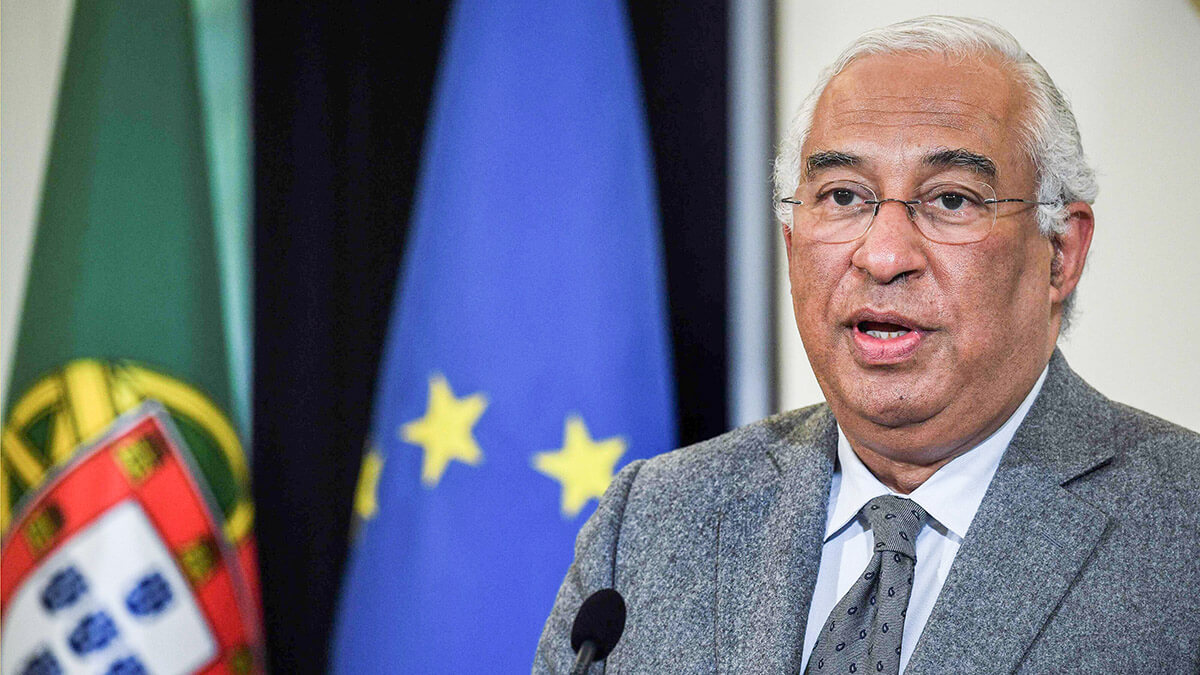
Costa pledged to promote solidarity among the 27 member states and thanked them for their confidence in him. Kallas emphasised the importance of working towards EU unity, protecting EU interests and values in the new geopolitical context and building global partnerships.
The main challenges facing Von der Leyen, Costa and Kallas included war in Europe, instability in society and the global neighbourhood, and the creation of a platform to promote unity and cooperation within the EU.
Reactions from political party leaders and EU member states
The election of Von de Leyen and Kallas was welcomed by many political leaders and EU member states. Parliament's President Davide Sassoli congratulated both on their new appointments and expressed confidence that "they will work together to promote greater cooperation within the Union.
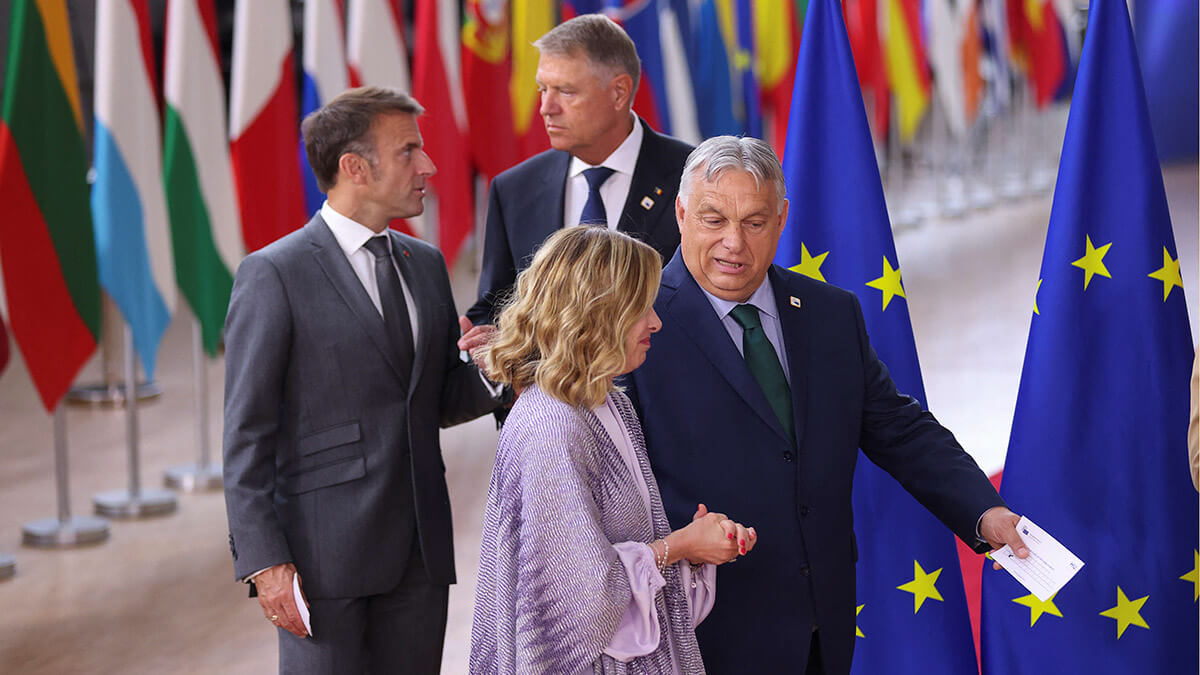
However, not all leaders showed such confidence. Italian Prime Minister Giorgia Meloni and Hungarian Prime Minister Viktor Orban voted against Von der Leyen and Kallas respectively. In response, Von der Leyen expressed that it is still possible to maintain trusting relations in a successful cooperation with Meloni and promised to try to convince the vast majority to support a strong Europe.
Implications of the choice of Ursula and Kallas as foreign policy leaders
The selection of Von der Leyen and Kallas has important implications for EU foreign and security policy. Von der Leyen is a strong supporter of the EU and works closely with member state leaders to promote cooperation and solidarity within the EU.
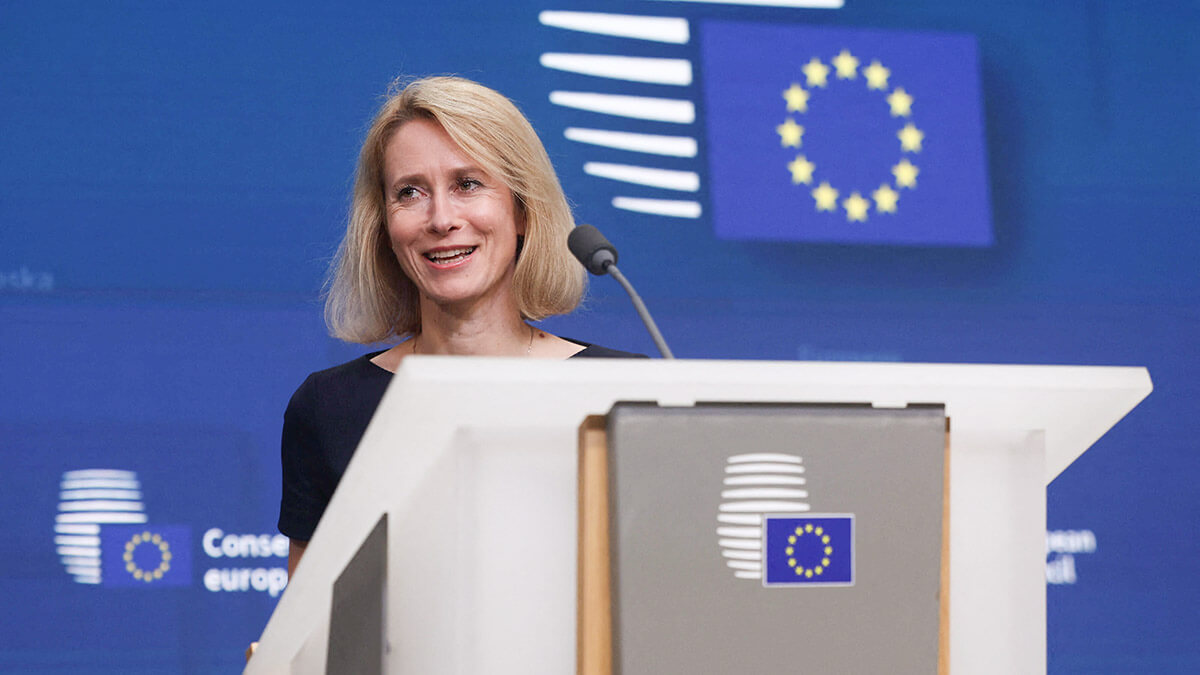
The Estonian Prime Minister also has foreign policy experience and served as her country's defence minister. Von der Leyen is a key figure in German politics, having served as Minister of Defence and Minister of Labour and Social Affairs. She is a strong advocate of the EU and works closely with member leaders to promote cooperation and solidarity within the EU.
Kallas is a key figure in Estonian politics, having served as Minister of Defence and Minister of Justice. She is an advocate for the EU and works closely with member leaders to promote cooperation and solidarity within the EU.
Political agenda and challenges of the European Union
Since its origin, the EU has always been an example of stability and a model for international cooperation and the economic and political integration of individual member states and their international allies.
The EU faces a number of major challenges, both in the short and long term. In order to address these challenges, the EU needs to implement sound policies. The problems are mainly geopolitical, with the Ukraine-Russia war and migration and refugees; and economic, with relations with China, the US and sanctioned Russia. Not to lose sight of events in the Middle East with the war between Israel and Hamas terrorists in the Gaza Strip since the brutal attack on 7 October.
Internally, the EU also faces important challenges, such as integration and cooperation between member states, the fight against climate change, the protection of public health and security internally and externally.
Von der Leyen and Kallas have a challenging agenda ahead of them, and relations with member leaders must be constantly coordinated through numerous talks and dialogue summits.
The relationship between the new Commission President and Antonio Costa is crucial for the future of the Union. The new board that will lead the EU in the coming years must therefore work together. The ability of the three new leaders to coordinate the Union, according to expert opinions gathered by the EFE news agency, will have a major impact on economic policies.
However, not everyone agrees. Others expressed concern about the negative impact of these appointments on EU politics and the EU economy, as Von der Leyen and Kallas, despite their extensive experience in politics, may have different views on EU politics and the EU economy.

